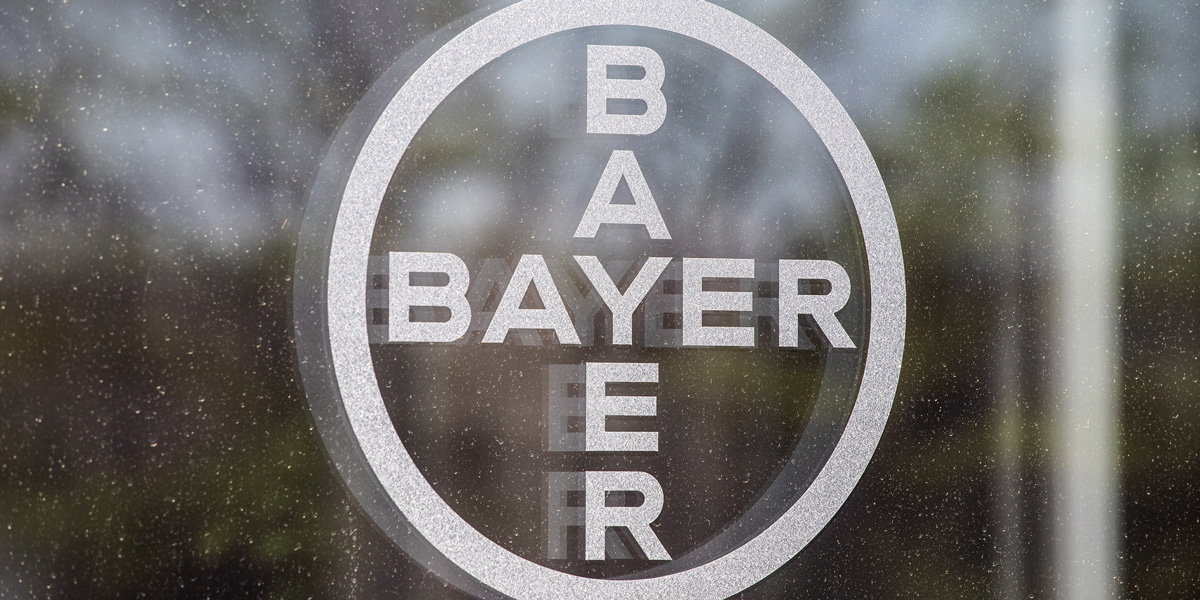
As Bayer’s situation worsens, taxpayers could take a big hit
According to an article in the German press by the journalist and author Gaby Weber, Germany’s central bank – the Bundesbank – helped finance Bayer’s takeover of Monsanto with European taxpayers’ money.
Three years ago, Bayer CEO Werner Baumann launched his bid to buy Monsanto. He promised it would make Bayer a global player and provide huge dividends for shareholders. According to Weber, greed prevented a prudent risk analysis. As a result, says Weber, Bayer’s stock is now in the doldrums, there are astronomical claims for damages coming from the US, and Bayer is threatened with takeover or bankruptcy.
Unfortunately, the buck stops not with Bayer’s shareholders or its managers, says Weber, but with the taxpayer. In the face of impending bankruptcy, the German government will probably step in – as it did in the banking crisis. The Bundesbank will also incur considerable losses in such a situation because it was the Bundesbank that financed a large part of the purchase of Monsanto, via a programme of the European Central Bank (ECB), which gets its money from European taxpayers.
A spokesman for the ECB, William Lelieveldt, has confirmed to Weber that the Bayer bonds were purchased under the ECB’s asset purchasing programme. But Weber says Lelieveldt wouldn’t disclose the exact amount or the interest rate.
Weber says Lelieveldt claimed that "risk management considerations" were employed. But Lelieveldt did not spell out what exactly these were. The bonds are in the portfolio of the Bundesbank. Weber’s applications for the risk assessment are pending in Brussels and in Frankfurt. She says if she’s denied the information, she will seek legal remedies.
Weber also has a lawsuit against Bayer AG to force the company to publish its due diligence report. Her case will be heard on 12 September before the Higher Regional Court of Cologne.
Bayer, which promises "higher standards of transparency", paid $62 billion for Monsanto. A quarter of that is said to have come from equity, from sales of company shares to BASF, which the US Securities and Exchange Commission had demanded, and from the sale of materials manufacturer Covestro. In addition, Bayer had issued new shares through a capital increase and engaged Bank of America, Crédit Suisse, and Haus Rothschild for the remainder.
The Bundesbank’s head, Weidmann, has applied for the position of ECB president. But, according to Weber, having given European taxpayers' money to Monsanto’s shareholders, his chances of getting the top job are falling along with Bayer’s share price.










